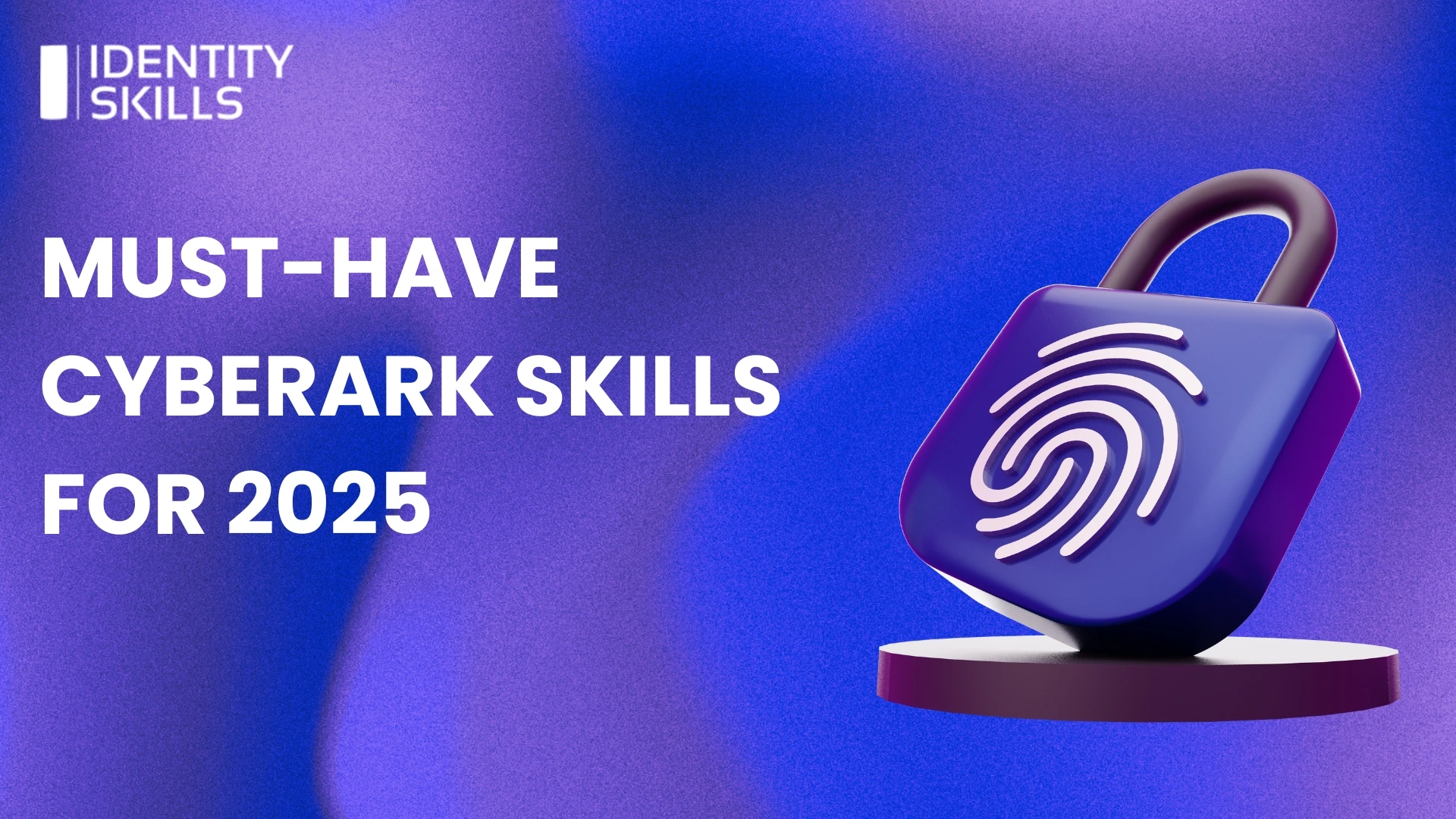As our world becomes increasingly interconnected, cybersecurity challenges are becoming more sophisticated and pervasive. Cybercriminals exploit vulnerabilities through advanced ransomware, phishing attacks, and even state-sponsored espionage. The rapid pace of technological innovation, from cloud computing to artificial intelligence (AI), has transformed the digital ecosystem into a high-stakes battlefield where every device, network, and system is a potential target.
This article explores the top skills every cybersecurity expert must master in 2025 to stay ahead in a rapidly evolving digital landscape.
Core Technology Skills
1. Cloud Security Expertise
The adoption of multi-cloud infrastructures has brought significant opportunities for businesses but also increased complexity. Cybersecurity professionals must master dynamic identity governance, shadow data management, and edge computing security.
For example, using advanced tools to detect anomalies like unauthorized access or privilege misuse can prevent breaches before they occur. Additionally, real-time encryption and consistent security policies across platforms are crucial for safeguarding data.
2. Incident Response and Forensics in Hybrid Environments
In hybrid environments, identities often span on-premises and cloud systems, increasing the risk of breaches. Experts need skills in adaptive risk assessments and real-time monitoring to mitigate risks at the access point.
When incidents occur, quick containment through tailored playbooks and forensic analysis tools, such as Splunk or Magnet AXIOM, can trace and address the root cause efficiently.
3. AI and Machine Learning for Threat Detection
AI-powered tools have revolutionized threat detection by analyzing massive data streams in real time. Systems like Darktrace can identify and neutralize threats automatically. Adaptive learning and predictive analytics further enable professionals to anticipate and mitigate potential risks.
Adding CyberArk online training to a cybersecurity skill set ensures familiarity with automation techniques for privileged access management, enhancing AI-driven threat response strategies.
4. Zero-Trust Security Implementation
The zero-trust model assumes no user or device is trustworthy by default. Implementing multi-factor authentication (MFA), segmenting networks, and continuously monitoring access ensure secure systems. Cybersecurity experts must design zero-trust architectures that protect both on-premises and cloud resources.
CyberArk Certification plays a crucial role here, providing comprehensive knowledge on implementing zero-trust principles for privileged identities and safeguarding sensitive resources effectively.
5. Quantum-Resilient Cryptography
The emergence of quantum computing poses a threat to traditional encryption methods. Cybersecurity professionals must transition to post-quantum cryptographic standards, such as Quantum Key Distribution (QKD). This ensures sensitive data remains secure against potential quantum-powered attacks.
6. Critical Thinking
Modern cyber threats require strategic problem-solving. Critical thinking enables experts to predict attacker behaviors and develop proactive defenses.
Techniques like adversarial simulation help professionals think like hackers, identifying vulnerabilities and strengthening systems before attacks occur. CyberArk training provides insights into critical thinking frameworks to mitigate risks tied to privileged accounts.
7. Collaboration and Communication
Cybersecurity is a team effort involving IT staff, executives, and employees. Professionals must explain technical risks in simple terms to ensure everyone understands their role in protecting digital assets. Clear communication fosters trust and promotes a culture of security within organizations.
Why These Skills Matter
The cybersecurity landscape is evolving faster than ever. The rise of IoT devices, AI-driven attacks, and complex hybrid environments demands that professionals not only adapt to new technologies but also anticipate future threats.
In 2025, technical expertise alone will not suffice. Emotional resilience, strategic thinking, and effective collaboration will define the next generation of cybersecurity leaders. Mastering these skills ensures not just the safety of systems but also the trust and continuity of businesses in an increasingly volatile digital world.

